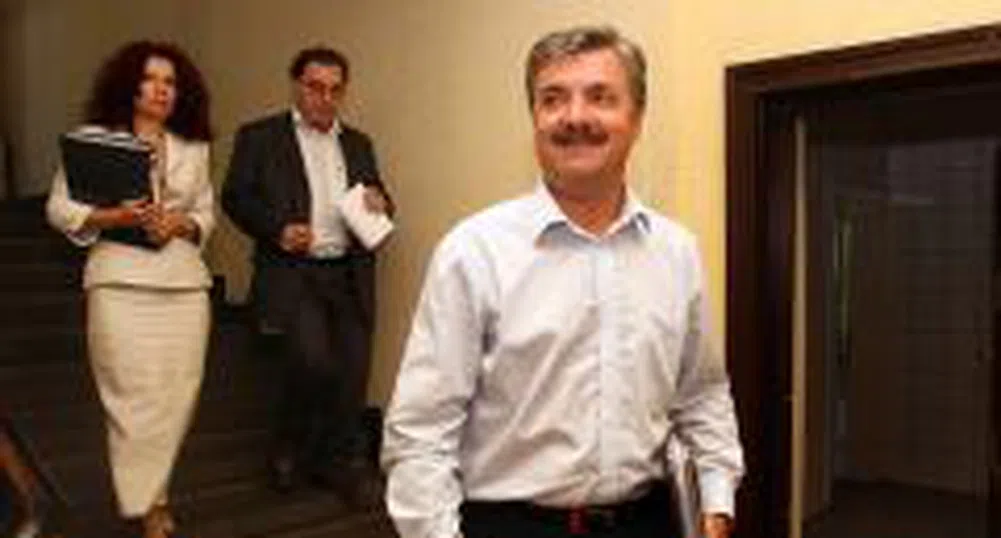Sofia City Hall Plans to Privatize Municipal Bank, Sofia's Heating Utility, Municipal Property Company

Between 25,000 and 45,000 people settle to live in Sofia annually, Sofia Deputy Mayor Minko
Gerdjikov said Sunday, speaking at an international conference entitled, "The European City: Town Planning and Architecture, Security and Finances". Gerdjikov said that according to official statistics, the people registered as residing in Sofia account for 16 per cent of the population of Bulgaria.
Sofia accounts for 33 per cent of the national Gross Domestic Product and in 2007 absorbed 78 per cent of the total investments made in Bulgaria which explains the low unemployment rate in the capital city, 1.3 per cent.
Next year's privatization program of the Sofia City Hall will includes the sale of the Municipal Bank, Sofia's district heating utility, the Municipal Property Company, and self-contained parts from certain other enterprises, including the company managing the tube.
Gerdjikov said that the municipal budget in 2003 to 2008 increased 2.8 times which he attributed to the greater volume of revenue.
Gerdjikov noted that together with the growing proceeds from privatization, the absorption of nearly 400 million euros under the operational programs for transport and environment and
58.5 million euros under ISPA, manifest the need for new ways of handling public procurement, for attracting more consultancy services and more money for design work and for alienation of land.
Sofia Chief Architect Peter Dikov said that the capital city develops very well at the background of the global crisis which is shifting from the United States to Western Europe.
Dikov said that the number of issued building permits in Sofia increased between 15 and 20 per cent compared to last year. As at the end of August 2008, building permits for a total of 2.5 million square metres of built-up area have been issued, whereas for the entire 2007 the figure was a little over 2.9 million sq m.
Dikov described as worrying the fact that of the 540 building permits issued so far in 2008, no more than ten are for production facilities. In his view, the rapid growth of the service sector and consumption at the expense of the production sector is a dangerous factor necessitating the intervention of the state.
Dikov said that the Sofia City Hall works together with the Bulgarian Academy of Sciences for the creation of a high-tech center to attract more high-tech productions.
He said that the organization of traffic in Sofia is to be changed radically in the next couple of years. The Chief Architect said that at the moment about a third of traffic congestions in Sofia are on account of mis-timed traffic lights.
Source: BTA; Photo: BGNES
)
&format=webp)
&format=webp)
&format=webp)
&format=webp)
&format=webp)
&format=webp)
&format=webp)
&format=webp)